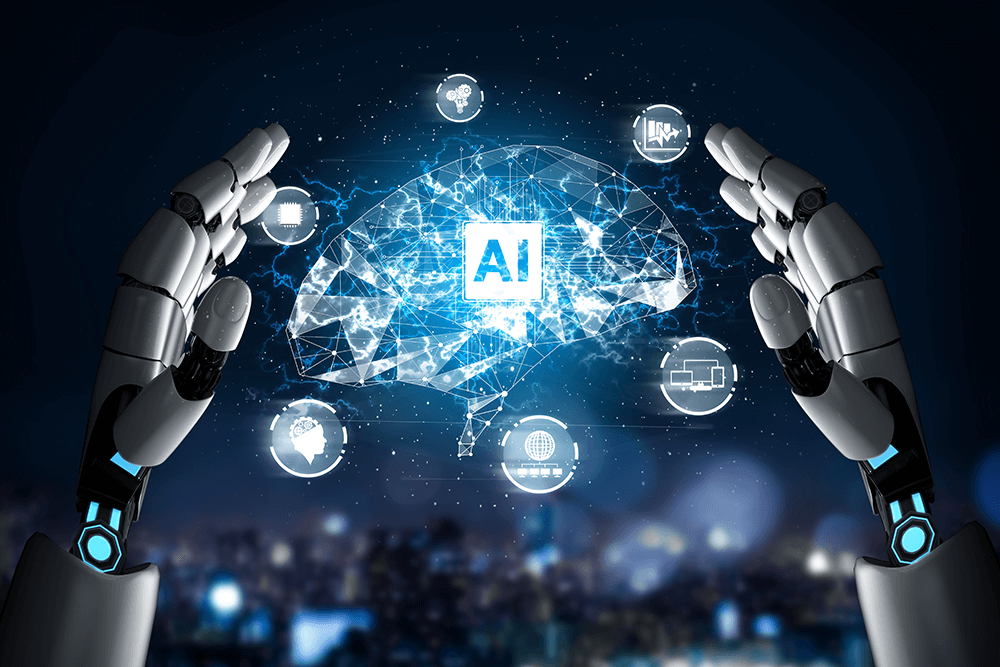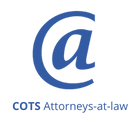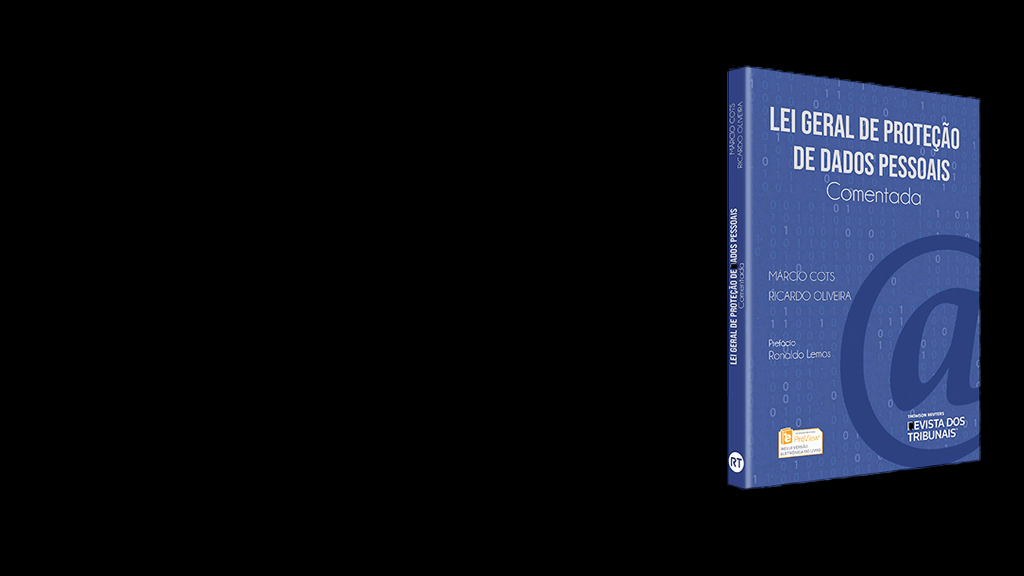REGULATING AI – PROPOSAL FOR A CIVIL FRAMEWORK OF ARTIFICIAL INTELLIGENCE
In June 2019, G-20 countries adopted the principles of the Organization for Economic Cooperation and Development (OCDE) on artificial intelligence, which established a strategy to increase technological and industrial capacity through artificial intelligence and preparations for social-economic changes with an appropriate ethical and legal framework.
However, the discussions about the need to developing legal, regulatory, and ethical parameters to guide the development and application of artificial intelligence has become a hot topic among the academic and business environment.
Most of the debates about regulating AI covers the protection and safeguarding of rights, including those associated with the protection of personal data, the prevention of discrimination and algorithmic bias, and the preservation of adequate structures to encourage the development of a technology whose potential has not yet been fully understood.
If we only attend to the “Legislation, regulation, and ethical use” axis, we are currently inquiring about the need for legal regulation regarding the use of Artificial Intelligence.
For us, the starting point for regulating Artificial intelligence should be a statute that establishes general principles, such as a declaration of purpose to ensure that the technology is safe, protected, and susceptible to control. A statute that is aligned with human interests, encouraging the development of an Artificial Intelligence beneficial to the human being, the constant advance of technologies, investments, and business models.
And, in this sense, we understand that the Civil Framework of Artificial Intelligence should not be involved in the discussion of technology and be more macro and principled, in order to have a main objective that will guide future changes in the current legislation and contain at least 3 necessary principles, which we will now explain.
The first is the “principle of legal neutrality over the technology,” that is, the law should be neutral in relation to artificial intelligence technology, meaning the legislative aspect must be “neutral” as to the specificities of the technology, attending exclusively to the effects, which would stick to regulatory principiological issues. The eventual, more technical regulation regarding the creation and use of Artificial Intelligence could come in the future with some government technical body specialized in this issue.
This principle is important because it ensures free initiative and technological innovation, besides avoiding the law being outdated by the adoption of new technologies related with AI, as well as it is also relevant from the governmental point of view, as it would not hamper government contracts by restricting the technical concepts in the objects of bidding disputes beforehand.
On the other hand, we also have the “Principle of Susceptibility to Human Control,” in which artificial intelligence must always be conditioned to eventual human control in order to provide an environment of greater security to human beings, in view of the capacity for learning and decision-making by artificial intelligence mechanisms.
Finally, the “Principle of Privacy and Protection of Personal Data,” reinforcing the provisions of the European General Data Protection Regulation (GDPR).
Other issues should certainly be included in this legislative proposal, such as respect for human rights, fundamental rights, and constitutional guarantees, in addition to aspects of civil and criminal liability.
There are still other aspects that also need an analysis and concern, within a discussion of a possible legal norm that minimally regulates Artificial Intelligence in the country, such as the use of algorithms in the analysis of evidence, within judicial processes, as well as related aspects of intellectual law, in the face of autonomous “creations” made by machines, among others.
The important thing, as the work of the OCDE has already pointed out, is that Artificial Intelligence is adopted in a natural and safe way by society.







